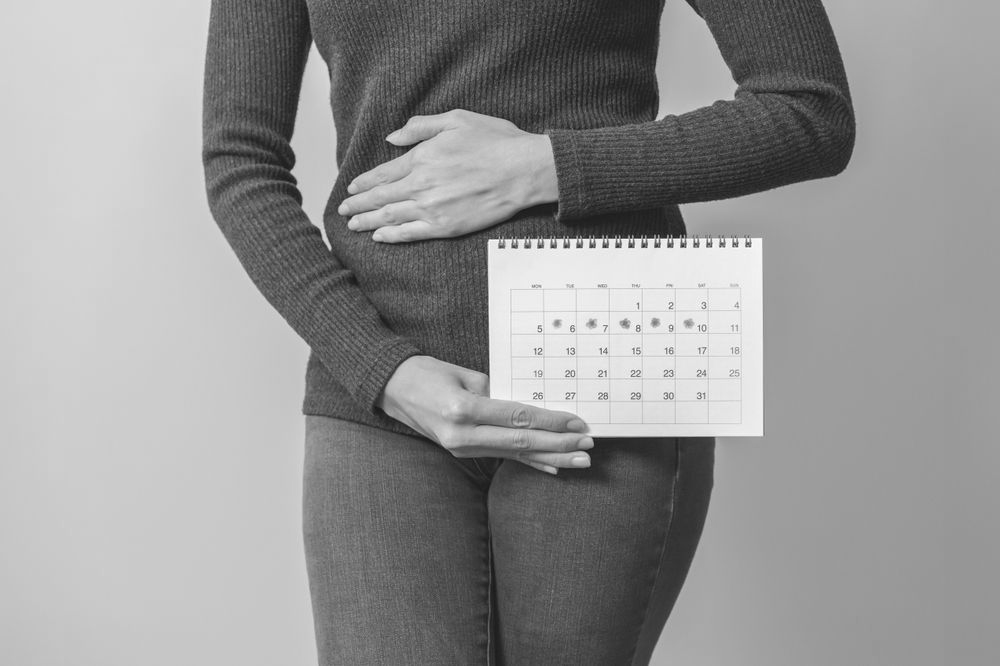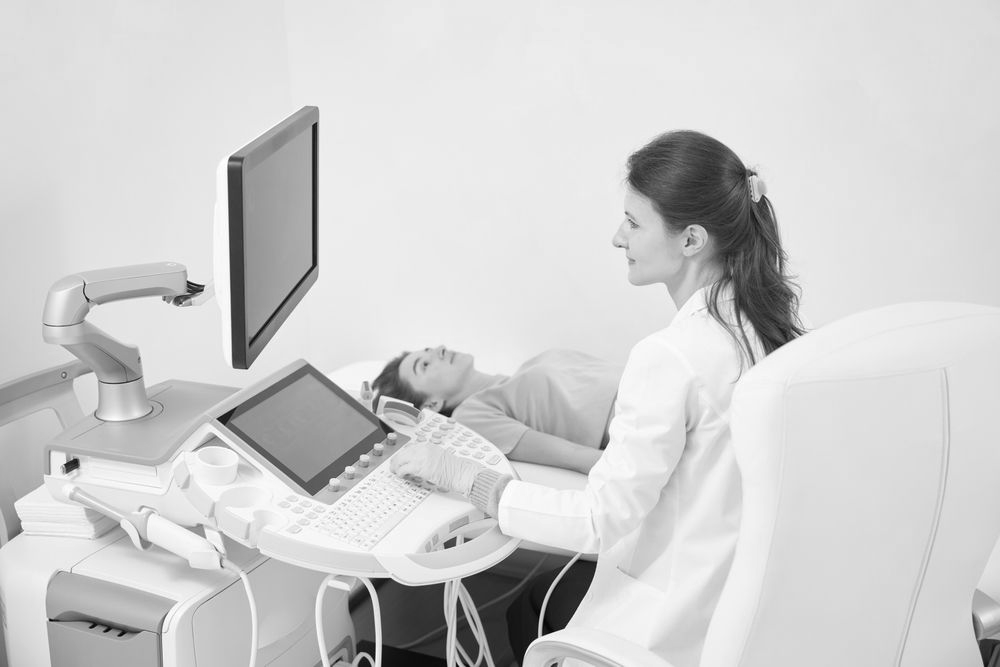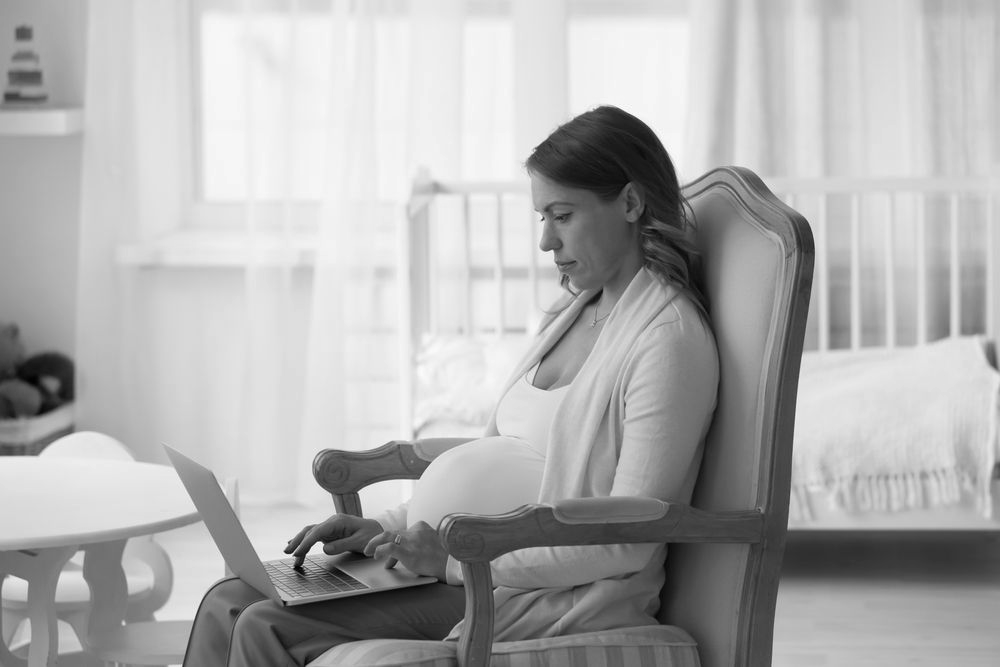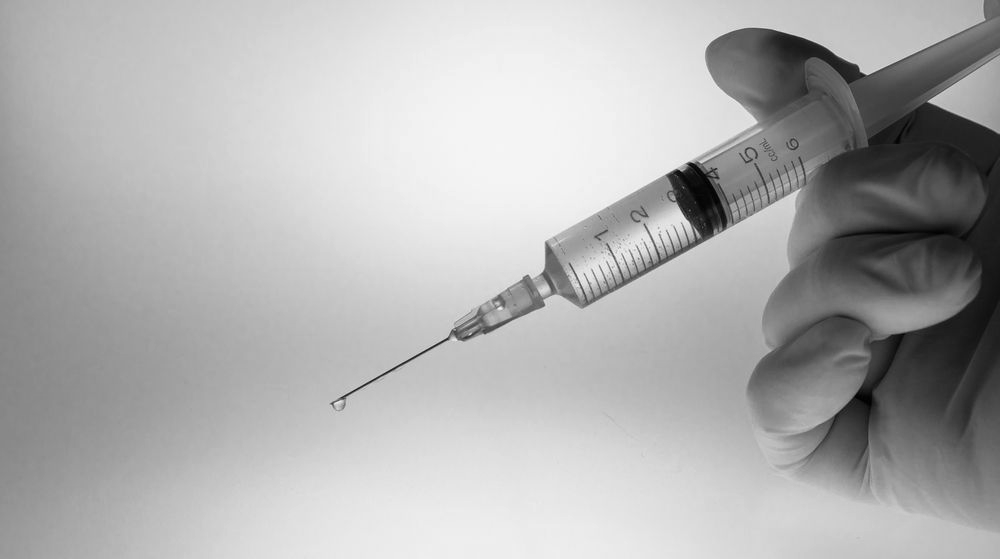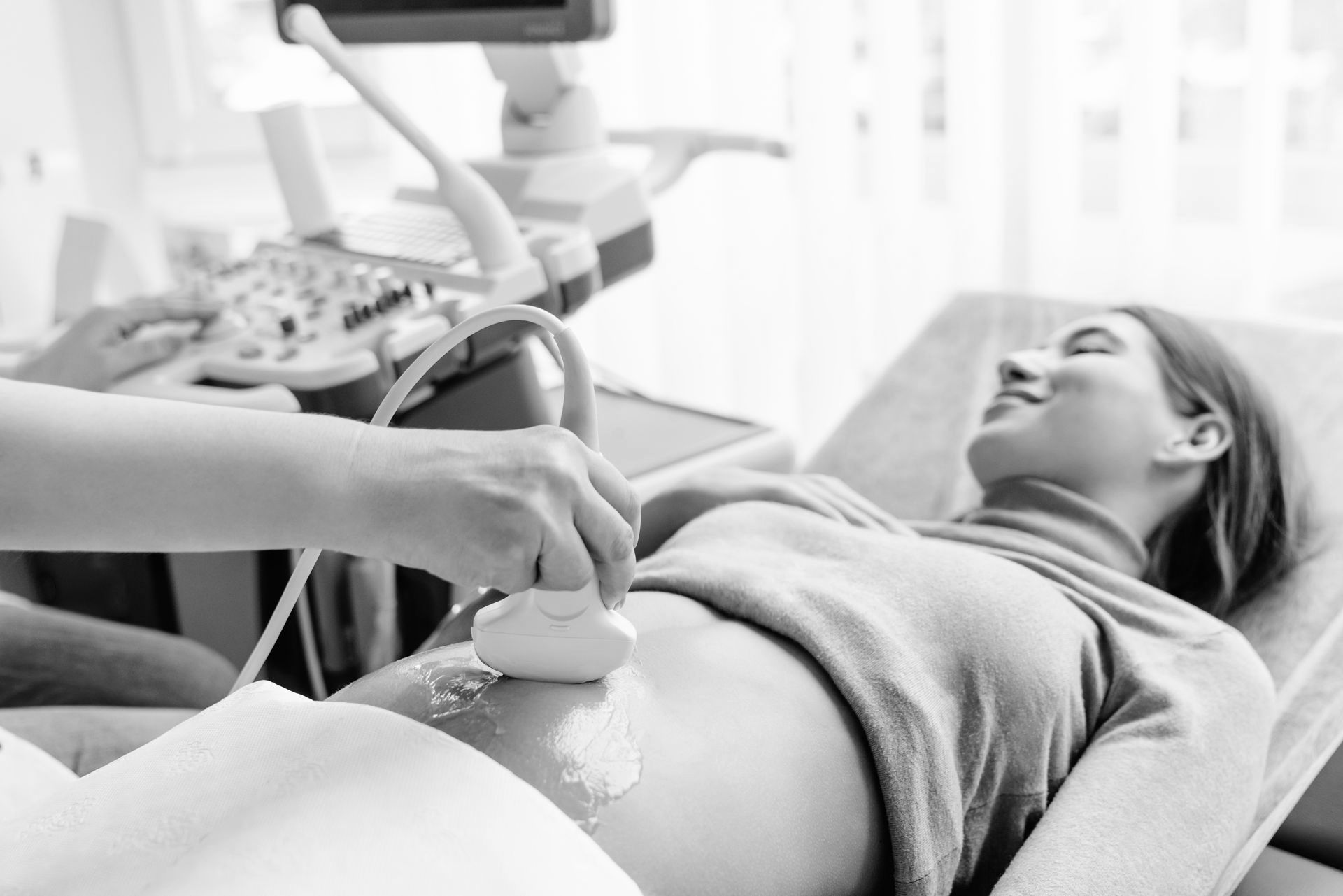What To Expect When You Miss a Period
Share this Article:

Missing a period can trigger a lot of anxiety, especially if you think you might be unexpectedly pregnant.
The best thing you can do is to take good care of yourself. Relaxation techniques such as deep breathing can be very helpful while you wait for an answer as to why your period did not start as expected.
This article will discuss how your menstrual cycle works, why you might miss a period, and what to expect when you do miss a period.
How Your Menstrual Cycle Works
Each month your body goes through a hormonal process to prepare for a possible pregnancy; this is referred to as your menstrual cycle, or simply your “cycle.”
The average length of a woman’s cycle is 28 days and is measured from the first day of your period to the day before your next period. A normal cycle can vary from 21 days to 35 days, and there are four distinct hormonal phases.
1. Menstrual Phase
The menstrual phase of your cycle is the three to seven days while you have your period. During this phase, your progesterone levels drop, causing you to get your period. The menstrual phase overlaps with the next phase, the follicular phase.
2. Follicular Phase
Estrogen levels rise during the follicular phase of your cycle. This phase starts on the first day of your period and ends when an egg is released from an ovary (ovulation).
3. Ovulatory Phase
The ovulatory phase occurs approximately fourteen days before your next period begins and is the time in your cycle when you can become pregnant.
Did you know that your sex drive is the highest when you are the most likely to become pregnant? This is caused by hormone shifts that occur during the ovulatory phase.
4. Luteal Phase
The luteal phase is the second half of your cycle. It starts after ovulation as the egg begins to travel through the fallopian tube on its way to the uterus, and it ends when your next period starts.
If the egg is not fertilized, your progesterone and estrogen hormones drop during this phase, producing premenstrual symptoms and a period.
But what can cause you to miss a period?
Reasons You Can Miss a Period
There are several reasons you can miss a period. Here we will discuss seven of them.
Pregnancy
A missed period can be one of the first signs of pregnancy. This is not to say however, if you missed your period, you are in fact pregnant.
So what is happening to your body if you are pregnant? If a released egg is fertilized and implants into the uterine lining, the hCG hormone is produced and this causes you to miss a period.
Some women experience implantation bleeding and mistake it for a period. However, implantation bleeding is typically lighter than a normal period.
Stress
Emotional stress can also cause you to miss a period. If you are experiencing stress and have ruled out pregnancy, talk to a healthcare provider about ways you can reduce your stress levels.
Weight changes
Rapid weight loss can also cause you to miss a period. Eating disorders such as bulimia or anorexia can cause your weight to fall more than 10% below a normal range. These conditions can also prevent ovulation and periods.
Being overweight can also lead to hormone changes that impact your menstrual cycle.
It is essential to seek the advice of a medical professional if you think your weight may be contributing to missed periods.
Health conditions
Several health conditions impact hormone levels and can cause you to miss a period. Polycystic ovary syndrome (PCOS) and thyroid imbalance are two common reasons.
If your blood sugar fluctuates abnormally with diabetes or hypoglycemia, it can also affect your hormones and periods.
Increased exercise
Are you training for a marathon? Or perhaps you have increased your exercise level to get in shape. Either way, a significant increase in exercise can cause you to miss your period.
Breastfeeding
It is common for women to have irregular periods or altogether skip periods while breastfeeding.
Perimenopause
Perimenopause refers to the years before menopause when a woman’s body produces less estrogen. It usually starts during a woman’s 40s, but it can also start in her 30s or earlier. A symptom of perimenopause is missed periods.
What can you expect if you have missed your period?
What You Can Do If You Missed Your Period
If you have missed your period and think you might be pregnant, you can start by taking a home pregnancy test.
Once an egg is fertilized (conception), it takes about five to six days for it to travel through the fallopian tube into the uterus. Once the fertilized egg reaches the uterus, it implants into the uterine lining.
If implantation occurs, your body begins producing a hormone called human chorionic gonadotropin (hCG). It is the hCG hormone that a pregnancy test detects to tell you if you are pregnant or not. Your body produces hCG about seven to ten days after conception.
Home pregnancy tests advertise the ability to detect a pregnancy as early as five days before you miss your period. But keep in mind that testing so early can cause a false negative pregnancy test result even if you are pregnant. There just not yet enough hCG in your system for the test to recognize.
A false negative pregnancy test can increase your anxiety, and retesting can get expensive. For that reason, we recommend you wait to take a pregnancy test until after the day you expected your period.
What happens if you have already missed your period, but your pregnancy test is negative? In that case, wait several days, and take another test. If it is still negative but your period has not started, see a licensed healthcare provider so they can determine the cause and decide if you need treatment.
No Cost Pregnancy Testing Is Available
At Willow Womens Center, we understand how important it is for you to know why you have missed your period. We also know that pregnancy tests can be expensive, so we offer pregnancy testing to you at no cost.
If you have missed your period and want to know if you are pregnant, we are here for you. Reach out today for your confidential appointment and set your mind at ease with the answers you deserve.
Connect with Us:



